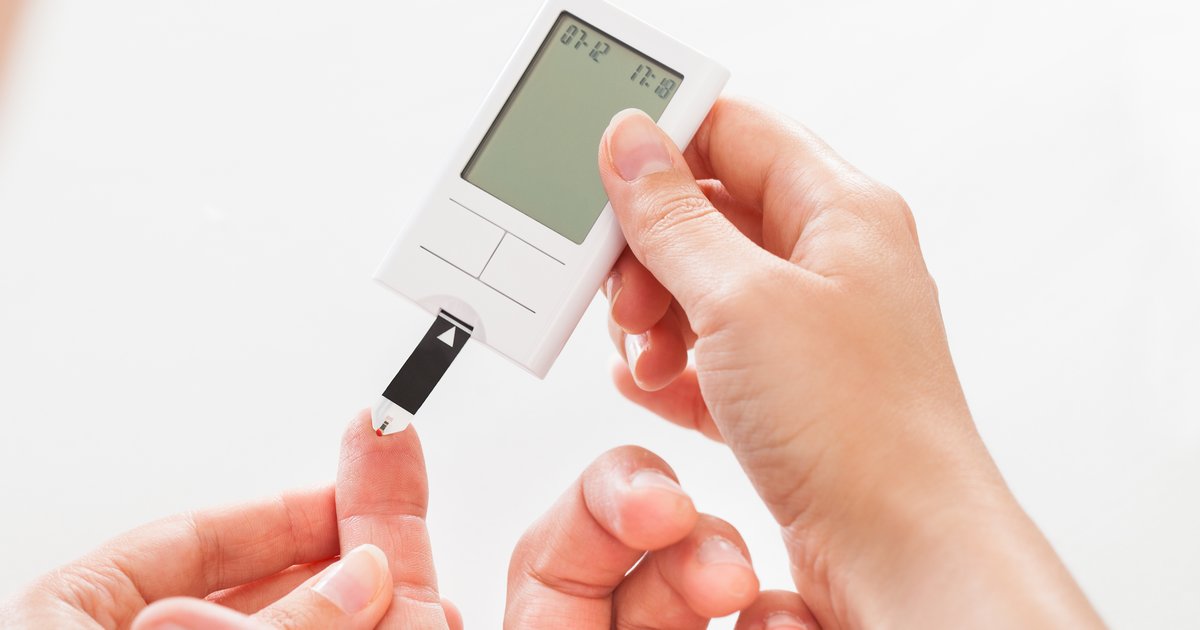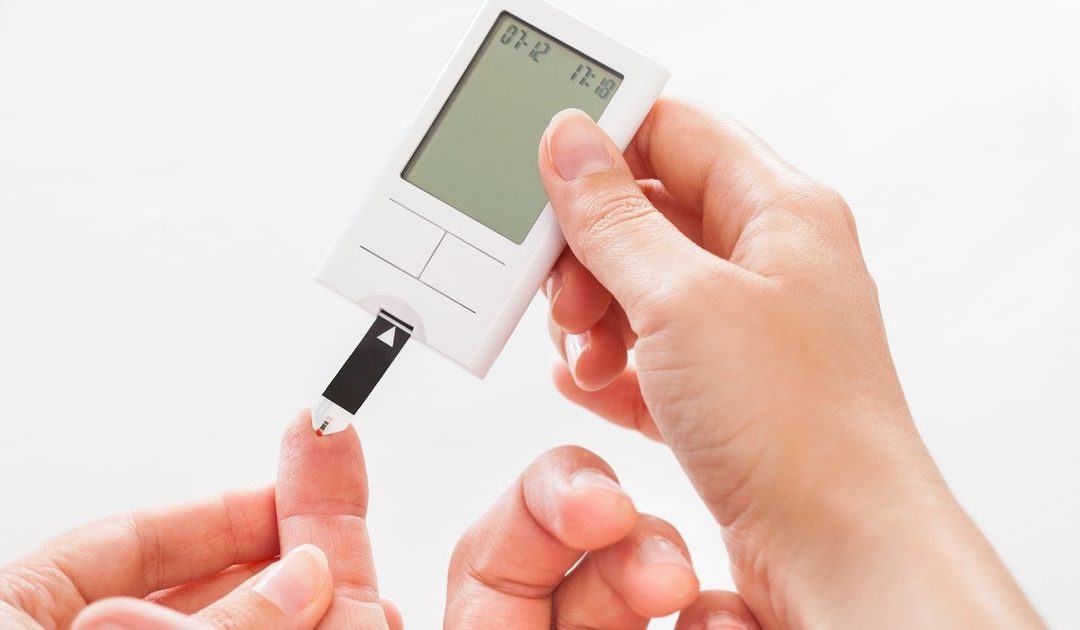Gluco Nutrient Test

- Measures the level of 16 vitamins, minerals, and co-factors that support optimal glucose metabolism
- Reveals micronutrient imbalances that contribute to the development, acceleration, and complication of diabetes
- Determines functional levels of lipoic acid for baseline and monitoring to ensure proper insulin function during treatment and supplementation
- Evaluates intracellular mineral levels (instead of just serum measurement) like magnesium, calcium, selenium and zinc
- Provides clinically actionable information that enables clinicians to develop personalized dietary and supplementation protocol for high-risk individuals and diabetic patients
Diabetes can be reduced, wholly prevented, and in some cases, reversed.
Diabetes management and prevention require sufficient nutrient levels for proper metabolism and energy absorption from macronutrients, including carbohydrates. Any nutrient imbalance can contribute to high levels of blood glucose and insulin secretion, which can put an individual at higher risk. Chronic undernutrition can also aggravate cell dysfunction among diabetics, which can further increase glucose intolerance and potential for complication.
The Gluco Nutrient Test reveals subtle micronutrient imbalances that contribute to the disease. Magnesium, for example, is a very common deficiency in diabetics where serum magnesium may seem normal, but intracellular magnesium may be severely depleted, necessitating nutritional intervention for patients and high-risk individuals alike.
Micronutrients Tested
- Biotin (Vitamin B7)
A B vitamin involved in important metabolic pathways such as gluconeogenesis, fatty acid synthesis, and amino acid catabolism. It works with chromium to enhance glucose uptake and glucose disposal.5
- Cholecalciferol (Vitamin D)
Improves insulin sensitivity and the ability to tolerate glucose. While too much vitamin D can be toxic, optimal levels of vitamin D significantly reduce the risk of type 2 diabetes. The effect of increasing sensitivity to insulin also helps in the management of full-blown diabetes.7
- Chromium Test
An essential mineral that shows to have a beneficial role in the regulation of insulin action and its effects on carbohydrate, protein, and lipid metabolism. It is essential to the glucose tolerance factor (GTF) that enhances insulin sensitivity and blood sugar regulation. Studies show that people with type 2 diabetes have lower blood levels of chromium than those without the disease.10
- Cobalamin (Vitamin B12) and Folate (Vitamin B9)
(vitamins B9 and B12) are co-factors in the metabolism of homocysteine, with deficiencies in these vitamins resulting in homocysteine accumulation. B12 deficiency also increases methylmalonic acid (MMA) in the blood. Homocysteine and MMA toxicities worsen diabetic peripheral neuropathy.5
- Magnesium
Aids in cell energy production, as well as the production of various enzymes, such as those associated with blood sugar regulation. Both Type I and Type II diabetic patients often have magnesium deficiencies, which can also cause cardiovascular disease (CVD), vision problems, and high blood pressure. 9
- Manganese Test
Works directly with the enzyme that metabolizes glucose, helping maintain blood sugar levels. Manganese also reduces the risk of neuropathy and helps maintain proper nerve function.8
- Potassium
An electrolyte that regulates acid-base and fluid balance. Low levels of potassium can result in high blood pressure and cardiovascular disease.8
- Vanadium Test
reduces blood sugar while boosting insulin sensitivity. It can also reduce high glucose levels, as well as levels of triglycerides and cholesterol to lessen CVD risk. As it may lower levels of blood sugar, diabetics taking medication to manage their sugar levels may risk hypoglycemia if vanadium levels are toxic.11
Test Information
SPECIMEN: 20 ml. whole blood
RESULT TAT: 7 working days
METHOD: HPLC, LC-MS/MS, ICP-MS, Microassay
2 https://www.diabetes.co.uk/reversing-diabetes.html
3 The top 10 causes of death. http://www.who.int/mediacentre/factsheets/fs310/en/
4 Deaths Attributable to Diabetes in the United States: Comparison of Data Sources and Estimation Approaches.
https://www.ncbi.nlm.nih.gov/pmc/articles/PMC5266275/
5 Vitamin B status in patients with type 2 diabetes mellitus with and without incipient nephropathy. https://www.sciencedirect.com/science/article/pii/S0168822714004586
6 Parekh D. et al. Piolo study to evaluate the effect of short term improvement in vitamin D status on glucose teolerance in patients with type 2 diabetes. Endocr Pract. 2010 Jul-Aug;16(4):600-8. https://www.ncbi.nlm.nih.gov/pubmed/20350923access20350923&MED&Abstract
Mitri, J., et al., Effects of vitamin D and calcium supplementation on pancreatic beta cell function, insulin sensitivity, and glycemia in adults at high risk of diabetes: the Calcium and Vitamin D for Diabetes Mellitus (CaDDM) randomized controlled trial. Am J Clin Nutr, 2011. 94(2): p. 486-94. https://www.ncbi.nlm.nih.gov/pubmed/21715514
7 https://www.ncbi.nlm.nih.gov/pmc/articles/PMC4515445/
8 Kazi, TG., Afridi, HI., Jamali MK., et.al. Biological Trace Elements Research. Apr 2008. DOI: 10.1007/s12011-007-8062-y. https://www.ncbi.nlm.nih.gov/pubmed/18193174/
9 Larsson SC, Wolk A. Magnesium intake and risk of type 2 diabetes: a meta-analysis. J Intern Med 2007;262:208-14. https://www.ncbi.nlm.nih.gov/pubmed/17645588Dae Jung Kim et al. Magnesium intake in relation to systemic inflammation, insulin resistance and the incidence of diabetes. Diabetes Care 2010 Dec; 33(12): 2604-2610. http://care.diabetesjournals.org/content/33/12/2604.
10 A scientific review: the role of chromium in insulin resistance. https://www.ncbi.nlm.nih.gov/pubmed/15208835
11 Poucheret P, Verma S. Grynpas MD, Mcneill JH. Vanadium and diabetes. Mol Cell Biochem. 1998 Nov;188(1-2):73-80 https://www.ncbi.nlm.nih.gov/pubmed/9823013
Verma S. Cam MC. Mcneill JH Nutritional factors that can ffavorably influence the glucose/insulin system:vanadium J Am Coll Nutr.1998 Feb;17(1):11-8 https://www.ncbi.nlm.nih.gov/pubmed/9477384




